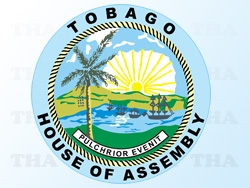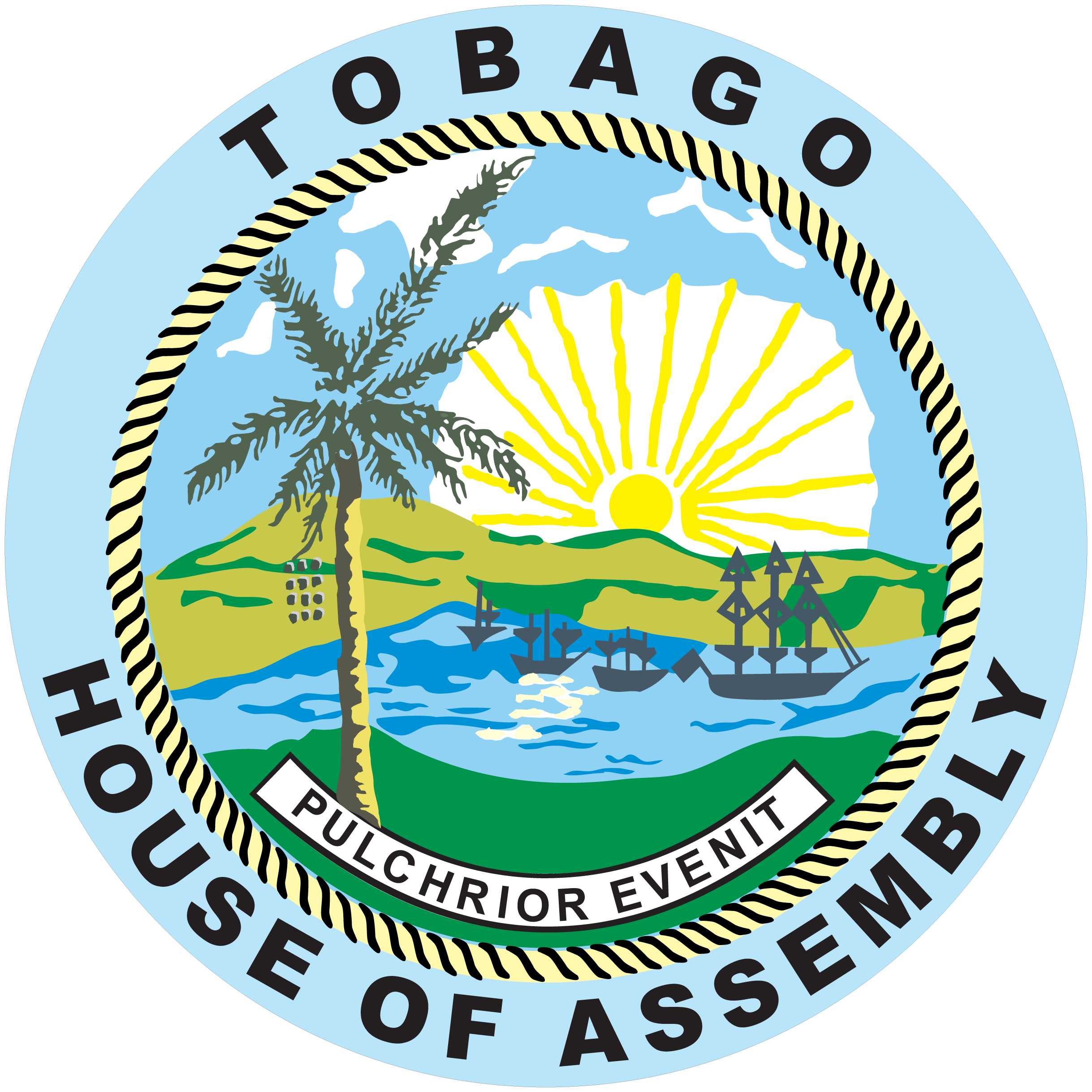
He said the commission should comprise equal representation of the Cabinet and Executive Council with the chairperson being such other person as agreed by both parties, as guided by the design, spirit and intent of the Dispute Resolution provisions in section 57(1) of the THA Act No. 40.
London’s proposal was on the invitation of Prime Minister Kamla Persad-Bissessar during their last quarterly meeting on June 21 2013. He wrote the Prime Minister last week giving details of the proposal to be discussed at their next meeting in September.
In his letter London said the proposal found merit in the recognition of the need for the Prime Minister and the Chief Secretary to “hold regular discussions with a view to formulating administrative and legislative mechanisms for the promotion of harmony in the affairs of Trinidad and Tobago”, as prescribed by section 31 of the Act.
He explained that this was further supported by section 56 of the Act which established a Dispute Resolution Commission (DRC), to “resolve disputes between the Assembly and Government on budgetary allocations to the Assembly and matters in connection therewith”.
London added that the allocation of resources to Tobago was one issue of the most critical factors in the constitutional reform process, and therefore, the spirit and intent of this provision will be upheld.
“It must also be noted, Madam Prime Minister, that the mechanism of the Dispute Resolution Commission (DRC) has been utilised with procedural success, and should be considered an appropriate model for treating with this larger issue,” London said.
The Chief Secretary further explained that in the application of the DRC model, the Government and the Assembly would each appoint a team of three to five persons, and a chairperson to be appointed by mutual agreement.
He said the proposed Commission would be required to submit a report detailing its consensual position to both the Government and the Assembly for action by their principals. He added that this report could become the catalyst for further discussion in Cabinet, the Tobago House of Assembly and in the public domain, before debate and final resolution in the Parliament of Trinidad and Tobago.
London recalled that during the past six years, the people of Tobago had been engaged in a process of discussions, consultations and reporting on the issue of Tobago’s position in the union and the outcome of these engagements had been forwarded officially to the Central Government. He said the exposition of the relative positions of the Cabinet and the Executive Council had not produced, nor was likely to produce a viable resolution.
“The people of Tobago now need adequate assurance that their concerns and positions will be addressed. They remain convinced that the issue of Internal Self-Government for Tobago should not be delayed any further by being subsumed in a national consultation reform process whose outcomes are uncertain,” London said.
